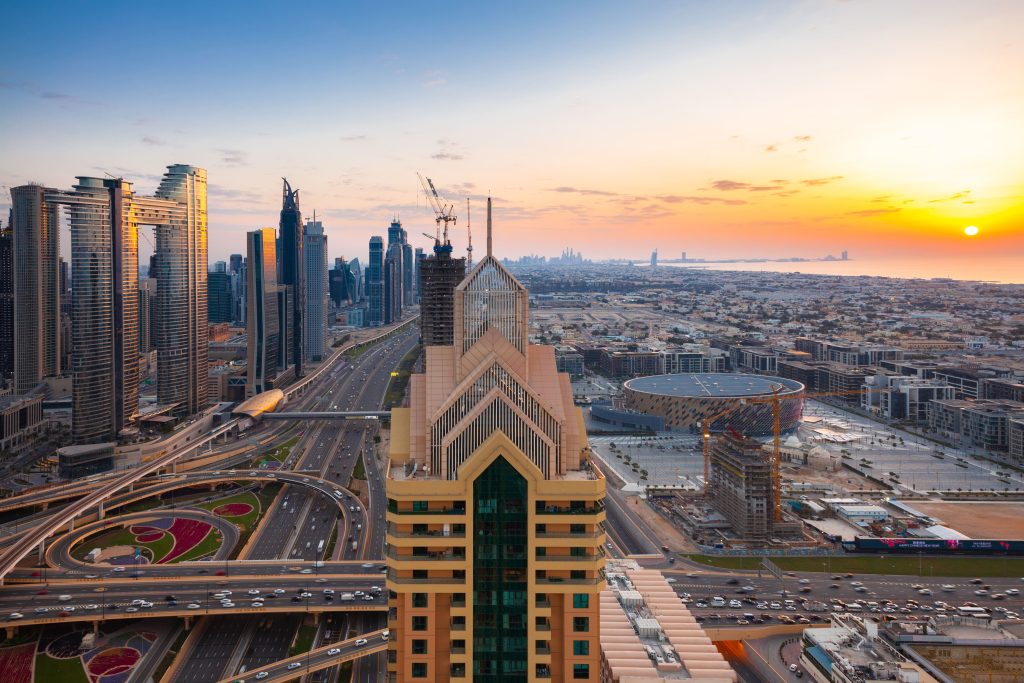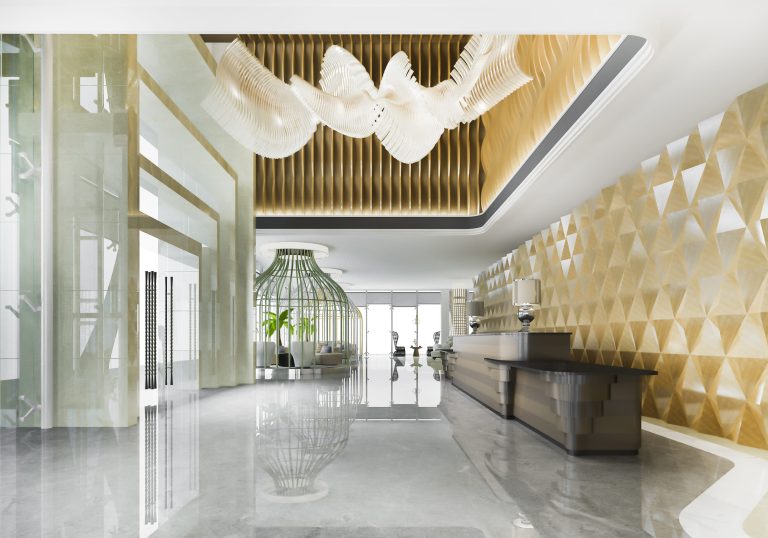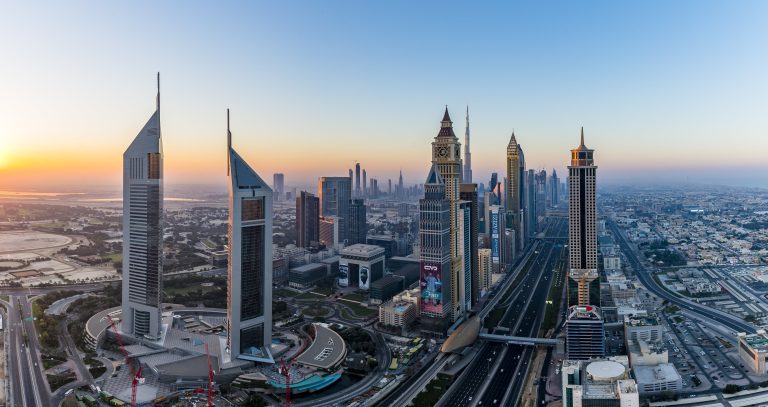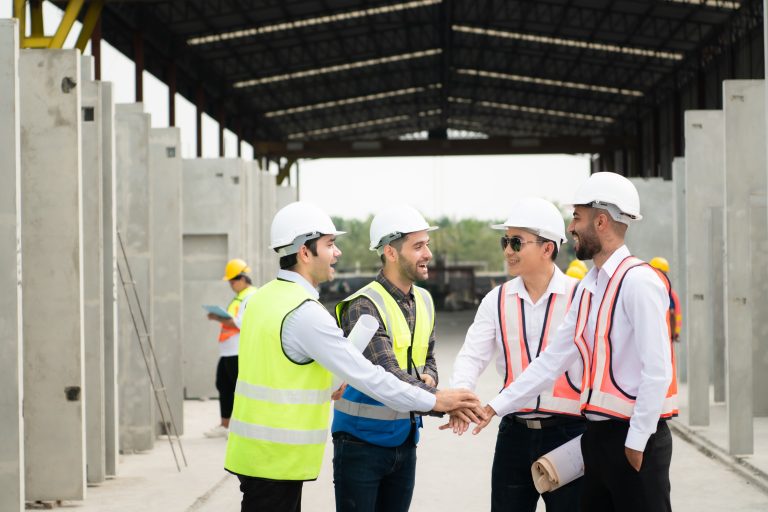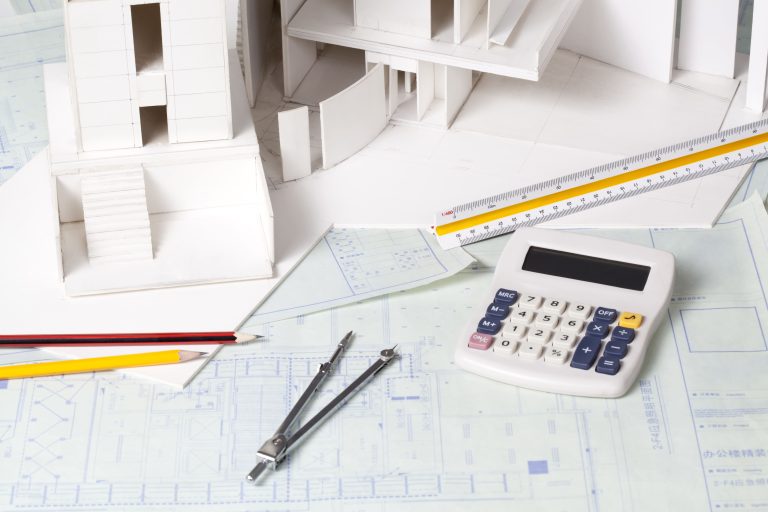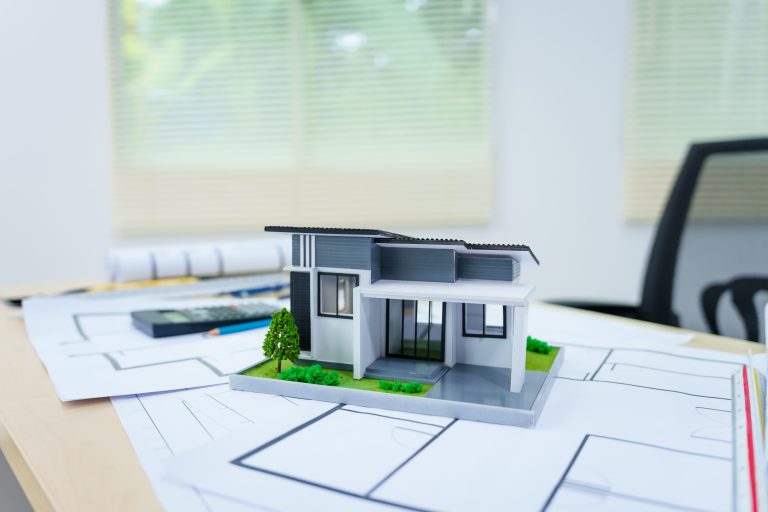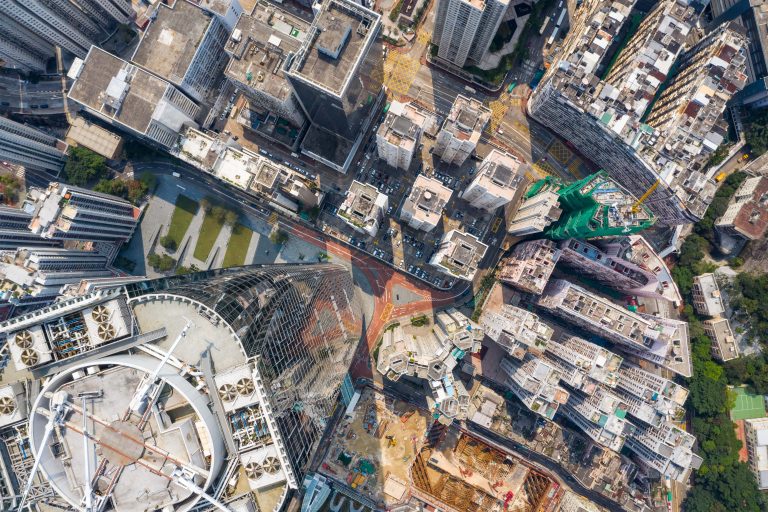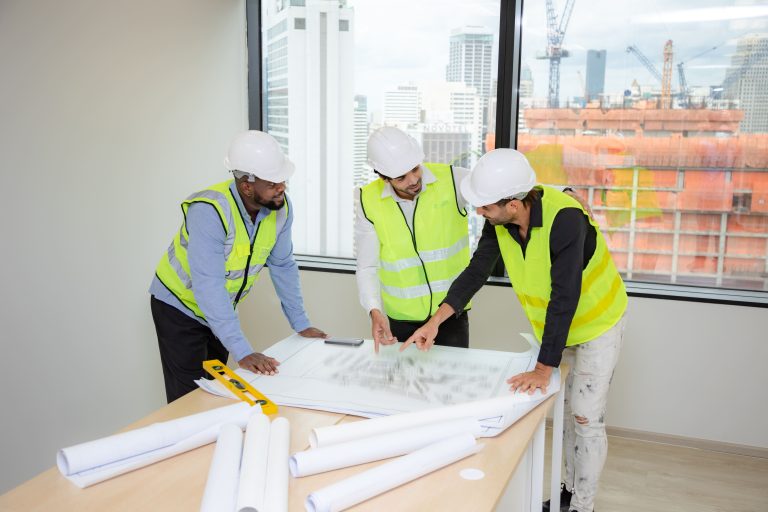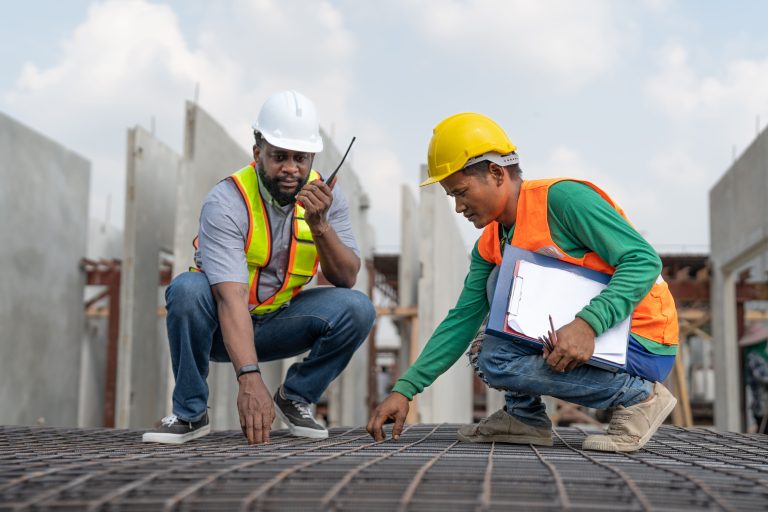The UAE has emerged as one of the most attractive real estate markets globally, drawing interest from international investors, high-net-worth individuals, and institutional developers. However, the region’s dynamic property market comes with a complex legal and regulatory framework that requires careful navigation to ensure successful and compliant development projects. Understanding these requirements is crucial for investors seeking to minimise risk and maximise returns.
Understanding Property Ownership Laws
One of the first aspects investors must consider is property ownership regulations. The UAE distinguishes between freehold and leasehold property areas, with ownership rights varying by emirate. Understanding these distinctions is essential before acquiring land or property to avoid legal complications.
Zoning and Land Use Regulations
Zoning and land use regulations govern how land can be developed and utilised. These regulations differ across emirates and specify whether a plot is suitable for residential, commercial, or mixed-use development. Investors must ensure that their development plans comply with zoning requirements to obtain necessary approvals. Engaging local experts early in the planning process can help identify suitable land and navigate potential restrictions efficiently.
Obtaining Development Approvals
Before construction begins, developers must secure approvals from relevant authorities, including building permits, environmental clearances, and utility connections. Each emirate has its own set of procedures and documentation requirements. Delays in obtaining permits can stall projects and increase costs, making it critical to work with advisors familiar with local processes and timelines.
Compliance with Building Codes and Standards
Construction in the UAE is subject to rigorous building codes and safety standards. These regulations cover structural integrity, fire safety, accessibility, and sustainability. Non-compliance can result in fines, project halts, or even legal disputes. Developers must ensure that architectural designs, materials, and construction practices adhere to these standards to protect both occupants and investors.
Contractual and Financial Regulations
Property development involves multiple contracts, including agreements with contractors, architects, and investors. UAE law provides frameworks for contract enforcement, dispute resolution, and financial transactions. Developers must structure contracts carefully to define responsibilities, manage risk, and ensure legal enforceability. Additionally, understanding payment structures, escrow accounts, and investor protections under UAE law helps maintain financial compliance.
Navigating Emirate-Specific Regulations
Each emirate in the UAE has unique regulations regarding property development. For example, Dubai, Abu Dhabi, and Sharjah have distinct processes for approvals, licensing, and registration. Developers expanding across multiple emirates must understand these differences to avoid delays or penalties and to ensure projects are executed smoothly.
The Role of Expert Legal Guidance
Given the complexity of UAE property laws, engaging legal and regulatory experts is essential. Advisors with local knowledge can guide investors through due diligence, compliance checks, permit applications, and contract structuring. Their expertise ensures projects remain legally sound, reducing risk and enabling confident decision-making.
Navigating legal and regulatory requirements is a critical step in UAE property development. From understanding ownership laws and zoning regulations to securing permits, complying with building codes, and managing contracts, developers must approach each stage with care. With expert guidance, investors can mitigate risks, ensure compliance, and achieve successful, profitable developments in one of the world’s most dynamic real estate markets.
Ensure your UAE property development is legally compliant and strategically planned. Contact Italian Development Group for expert regulatory guidance and advisory services tailored to the UAE market.

